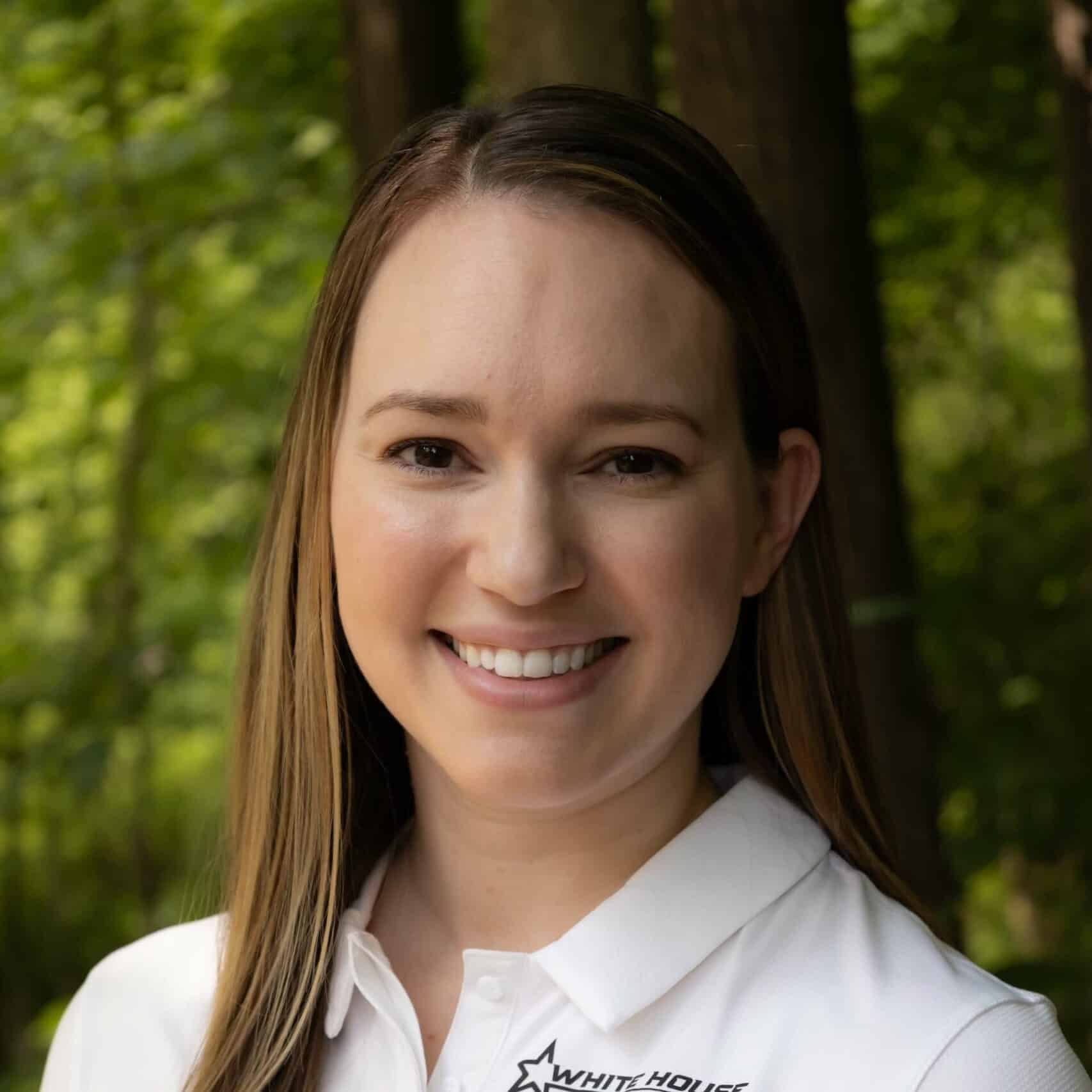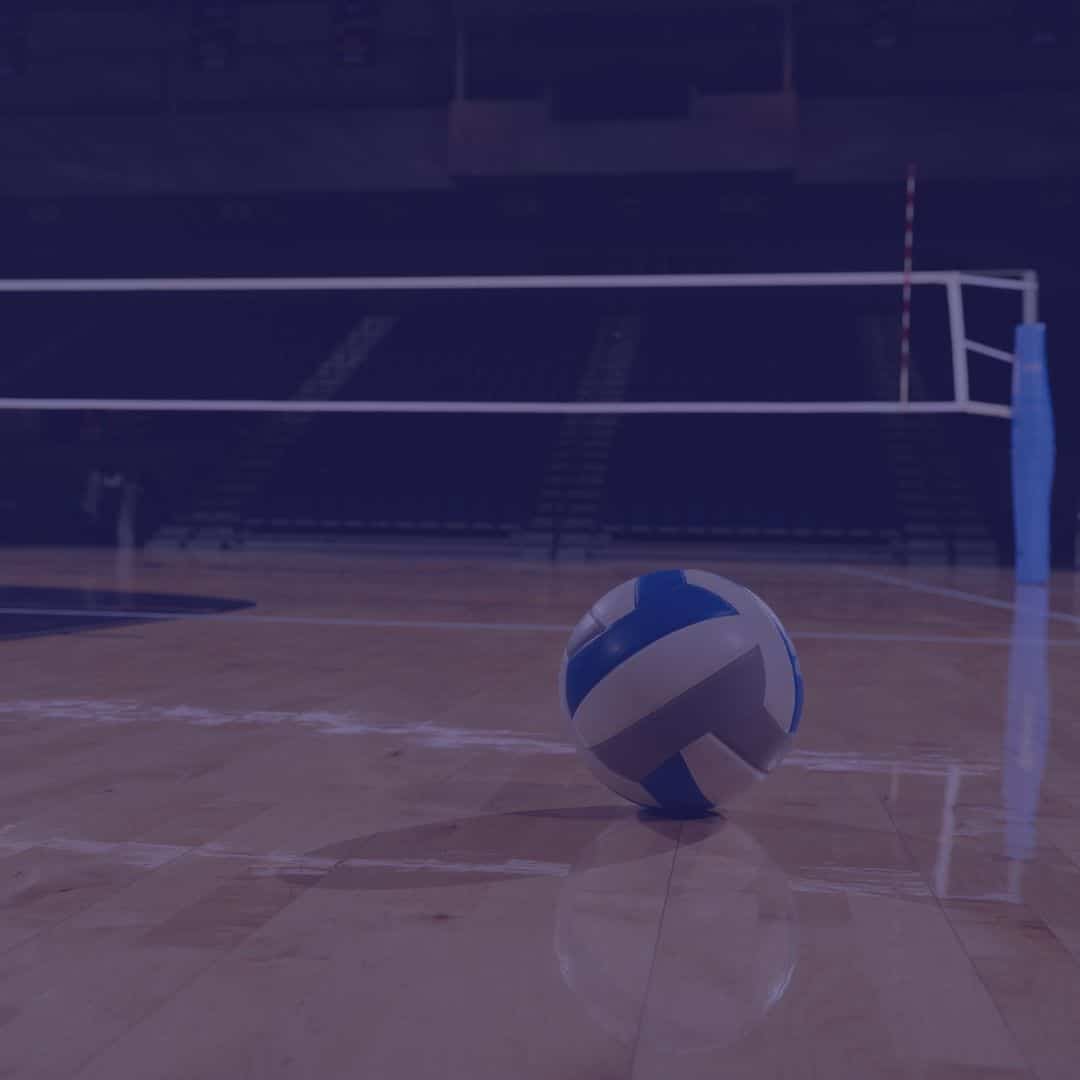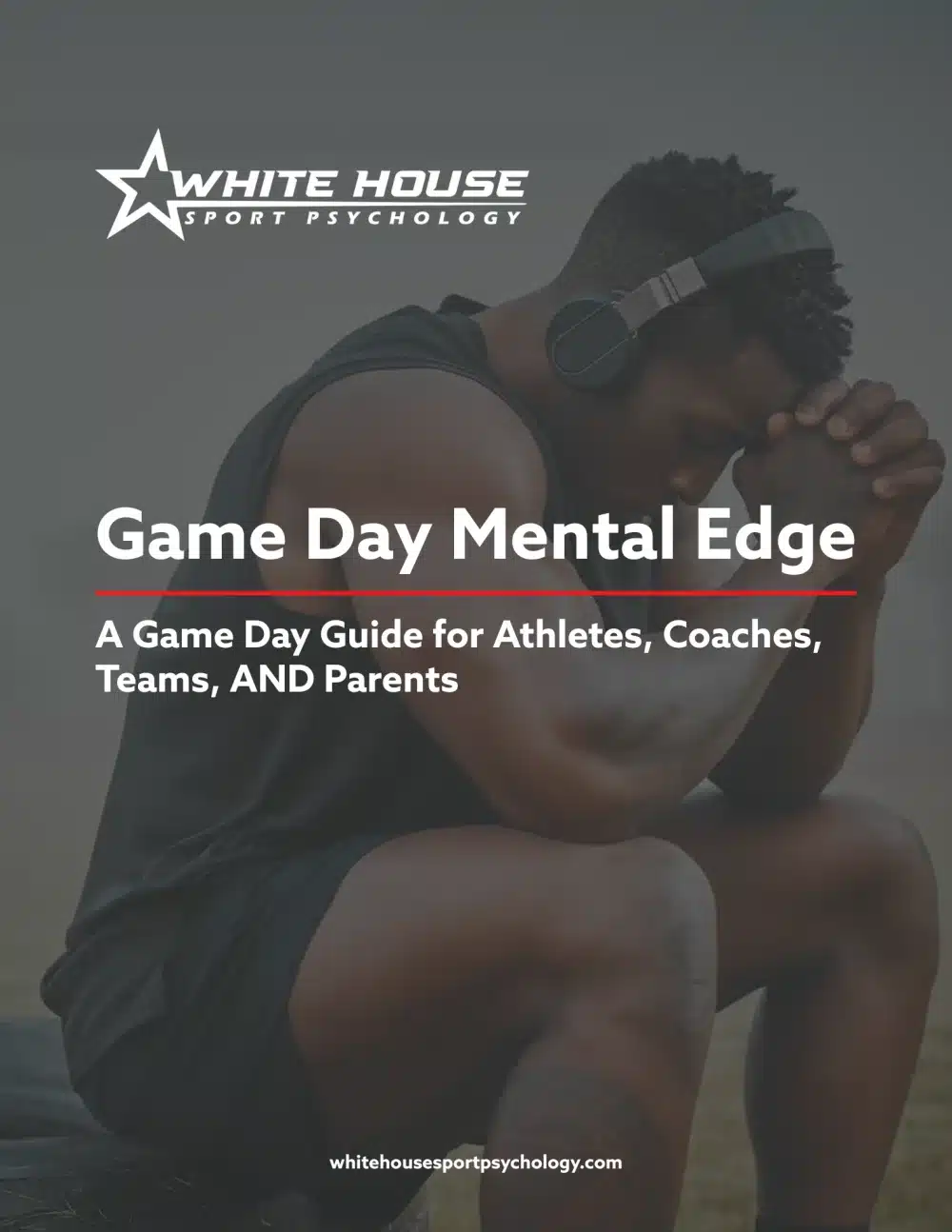Understanding the Athlete Mindset Beyond Success
As a former volleyball player and now a sport psychology consultant, Izzy Starck’s decision to sit out the rest of the season to prioritize her mental health resonates with me on a deeply personal level. To be clear, we do not know Izzy’s specific struggles, nor should we assume to understand exactly what led to her decision. What we can do is reflect on the broader themes her choice brings to light for athletes everywhere.
From the outside, her résumé speaks for itself: measurable success, accolades, and a trajectory that seemed to guarantee happiness. But measurable success and accolades do not guarantee happiness. Sometimes they become the very vehicle that drives us to realize what’s broken. When we finally arrive where we thought we wanted to be, we discover how much road still lies ahead of us.

The Illusion of the Finish Line
It’s a bit like running up a massive hill in practice, believing the crest is the finish line. You dig deep, lungs burning, legs heavy, and summon everything inside you to get there. Then, as you reach the top, you realize the course continues with another mile of steep, winding path. The joy of accomplishment is quickly replaced with the weight of the realization: it never really ends.
This is the hard but necessary lesson for athletes who operate on the belief that if they reach their goals, their struggles will vanish, their happiness will be secured. Guess what happens when you reach that level of success? It’s not the finish line it felt like during all those years of grinding in the gym. Instead, it becomes the new baseline. Suddenly, the questions shift: “What’s next?” or “This is just the beginning.” The standard rises, the bar moves, and with it the weight of expectation.
Lessons from Personal Experience
I’ll never forget the moment I experienced this firsthand. In 2012, after my team won the National Championship, we were euphoric. We slid through confetti, hugged until our bodies ached, and cut down the net we’d dreamed of touching for years. Less than thirty minutes later, as we walked off the court, a Texas fan approached me and asked, “So, are you going to win another one next season?” They must have seen the look on my face, because I’ll never forget how hollow that moment suddenly felt. Even at the peak of triumph, the world was already demanding more.
The Paradox of Elite Athletics
This is the impossible paradox of being an elite athlete: the constant call to never settle, to always strive, but also to smile, stay grateful, and project joy. Billie Jean King famously said, “Pressure is a privilege.” And it is. But so is peace. Somewhere between the grind of unrelenting ambition and the gratitude of simply playing the game, athletes have to find room to breathe.

Mindfulness as a Survival Skill for Athletes
That’s where mindfulness becomes more than a buzzword. It becomes a survival skill. The mindful athlete learns the art of nonstriving, of patience, of presence. It’s about accepting the reality that the path is never finished, yet still being able to plant your feet on the court, take a breath, and appreciate the moment for what it is, not only for what it leads to next.
Mental Health is Performance
Izzy Starck’s choice is not weakness; it is wisdom. It is a reminder to all of us—athletes, coaches, parents, and fans—that mental health is not secondary to performance. It is performance. Her decision challenges the dangerous assumption that championships, accolades, or external validation are the cure to internal struggle. They aren’t. The real work, the brave work, is learning how to find peace in the process, even when the world is urging you to sprint to the next hill.
Izzy’s story is a powerful reminder: mental health is performance. If you’re a coach, athletic director, or parent looking to better support your athletes, explore that with a free consultation.

About the Author
Hannah Hannah Asafo-Adjei is a Mental Performance Consultant for White House Sport Psychology, her experience enables her to connect with the athletes, coaches, and teams she serves in a unique way.
In high school, she was a 4x state champion and 2x Gatorade Player of the Year. At the University of Texas, Hannah was a four-year starter, helping her team win three Big 12 Championships and the 2012 NCAA Women’s Volleyball National Championship. Hannah also represented the United States in international competition as a USA Volleyball Youth and Junior National Teams member. She played in two FIVB World Championships in Thailand and Peru.
After college, Hannah played professionally for Engelholms VBC in Sweden, where she led the team to a league championship and earned the MVP award.

